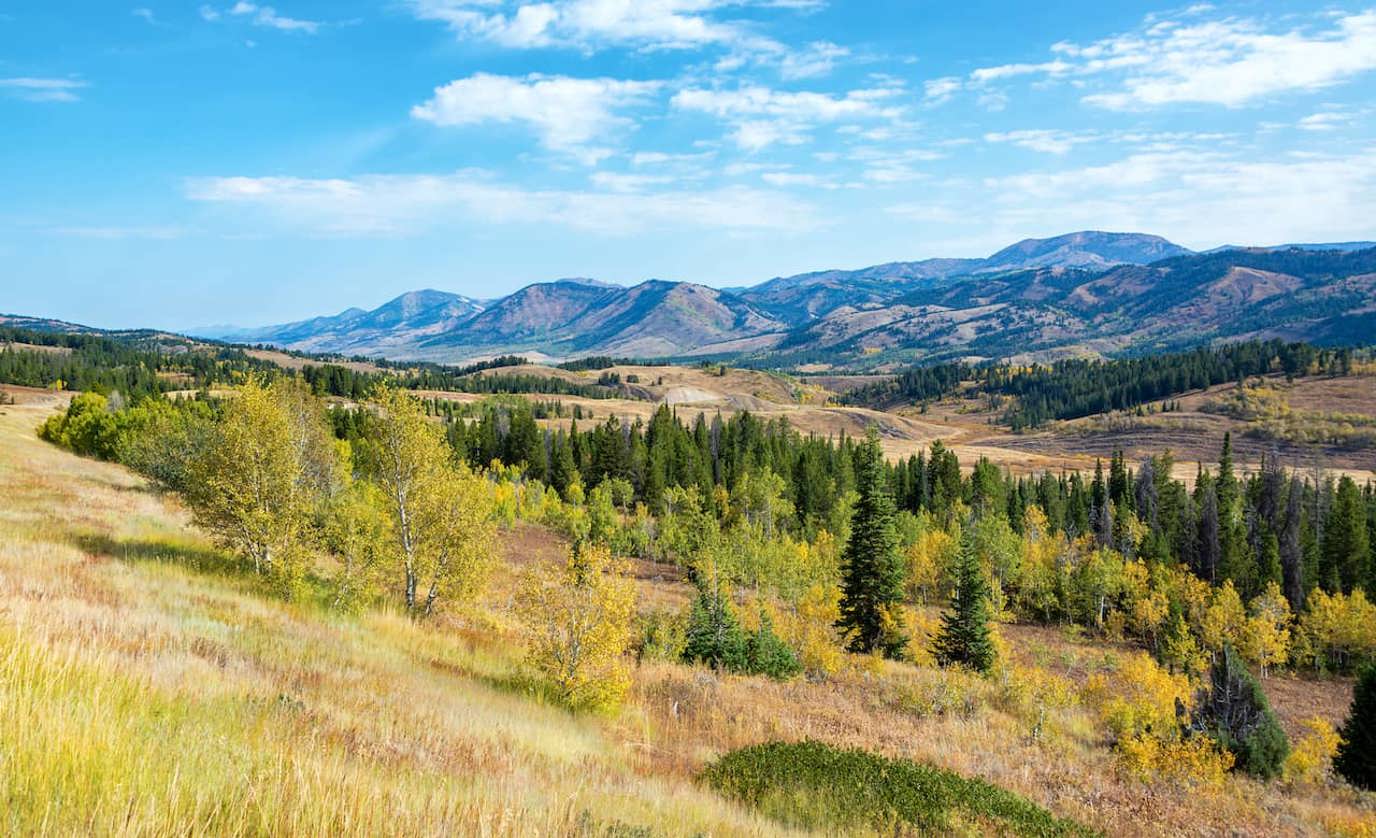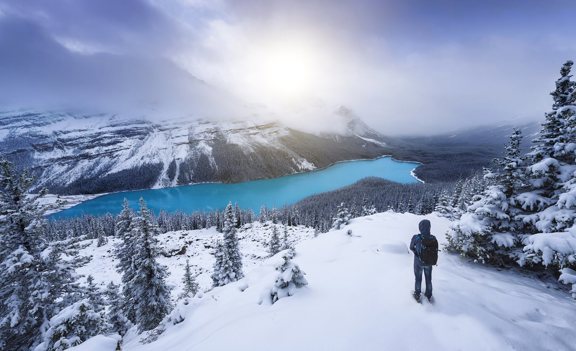
Off-grid living is not for the faint of heart. It is not the idyllic “simple life” that it can sometimes appear to be. The simple life comes with a lot of hard work, time, effort, and knowledge. Before you go off buying massive solar panels and huge quantities of heirloom vegetable seeds, try renting an RV and living in it for a period of time to decide if living off-grid is right for you and your partner or family.
An Introduction To Off-Grid Living
There are as many different ways to live off-grid as there are people who choose to live that way. Most generally, living off-grid just refers to being disconnected from the existing power grid. For many, it also refers to being disconnected from all of the other utilities as well and living a completely self-sufficient life. Either way, just because you are living off-grid doesn’t mean that you have to give up all of the comforts of modern life that you’re used to. While the idea conjures up images of surly mountain men living in a far-off, isolated cabin for some, you can make off-grid living as unique as you already are.
One very common way to live off-grid is to do so in a home on your own land. You won’t need hundreds of rural acres miles from your nearest neighbor; really, just a few acres will do for a small family. There, you grow your own food, create your own power, and live in a way that allows you to sustainably support all of your family’s needs. But not everyone is adept with all the skills required to successfully work their own land and maintain all of their equipment. For those not quite ready to settle down, there is another way.
The Freedom of the Open Road
You don’t have to create a homestead to reap the many benefits of living off-grid. More adventurous types may enjoy the freedom and journey of long-term RV living.
Van Life
Packing up everything to live in a repurposed van seems to be gaining popularity extremely quickly. Just about everyone has heard about van life. There’s even a feature film about chasing seasonal work in a van starring Frances McDormand. The reasons that people end up living in a van also vary, but it is one of the most common mobile methods of living off-grid. For one or two people, a van may suit your needs. But having a little more space can work wonders for keeping you thriving on the road openly.
Off-Grid Living in an RV
The best part about living in an RV instead of just a van is the onboard bathroom. For long-term living, having all of your basic necessities on board can really be the difference in a positive or negative experience. You’ll want to be able to use the bathroom, shower, and store/cook food all from inside your RV. Most will come standard with these things, and you won’t have to build it yourself or spend extra money on one that has already been renovated.
With everything on board to be self-sustaining, there’s still the matter of where to park. RV parks or other managed campgrounds will have the advantage of hookups — but that doesn’t quite fit the spirit of living off-grid. It’s great sometimes, but you don’t need the electric, water, and sewage hookups to enjoy living in your RV.
When you’re ready to be off on your own, you can find free places to park all throughout much of the American west on Bureau of Land Management (BLM) land. There you can park for about 14 days free before you have to move onto the next place. A few areas are designated long-term BLM lands that allow camping for up to seven months at a time. Out here, you’ll be completely on your own with only what you have on board. Make sure you are fully stocked with food and water to cut down on the number of trips you’ll need to make into town. And know when your onboard blackwater tank is nearly full, so you can properly dispose of your waste.
Rent a Lifestyle
Being in charge of where you are and how long you get to stay is the ultimate freedom. With careful planning and forethought, you can follow temperate weather across much of North America and experience the best of nature and the outdoors that the area has to offer. But this lifestyle isn’t for everyone, and many people experience boredom, loneliness, or even frustration with the amount of work and sacrifice that goes into living off-grid.
When you choose to rent before committing to leaving everything behind, you get to try it all out with no risk. You don’t have to rush into the decision to make a large purchase (whether that’s a home or an RV of your very own) blindly. After a few weeks or months on the road, you’ll be better equipped to weigh the pros and cons of completely taking on a different lifestyle.
To make RV living off-grid a more permanent lifestyle, you will need to invest in a solar panel (or panels) large enough to support your energy usage. Think about how often you’ll need to charge your electronics and what amount of energy your RV will require to keep standard appliances like your refrigerator constantly running. As a backup, plan on a gas-powered generator that can help when the weather won’t cooperate with your panels.
Try Before You Buy
When you’re ready to get a taste of off-grid living, a little practice can go a long way in helping to narrow down the decisions that are right for you. Even city-dwellers looking to drastically reduce their dependence on public goods and services can get a feeling for what it is like to really pare down to the essentials.
Before taking the next big steps towards off-grid independence, try an RV rental from Cruise America for a low-cost introduction to a highly rewarding lifestyle. Whether you fall in love or find out that RVing suits you better as a short-term vacation, you’ll have the experience and knowledge to make your next decisions fully informed.





